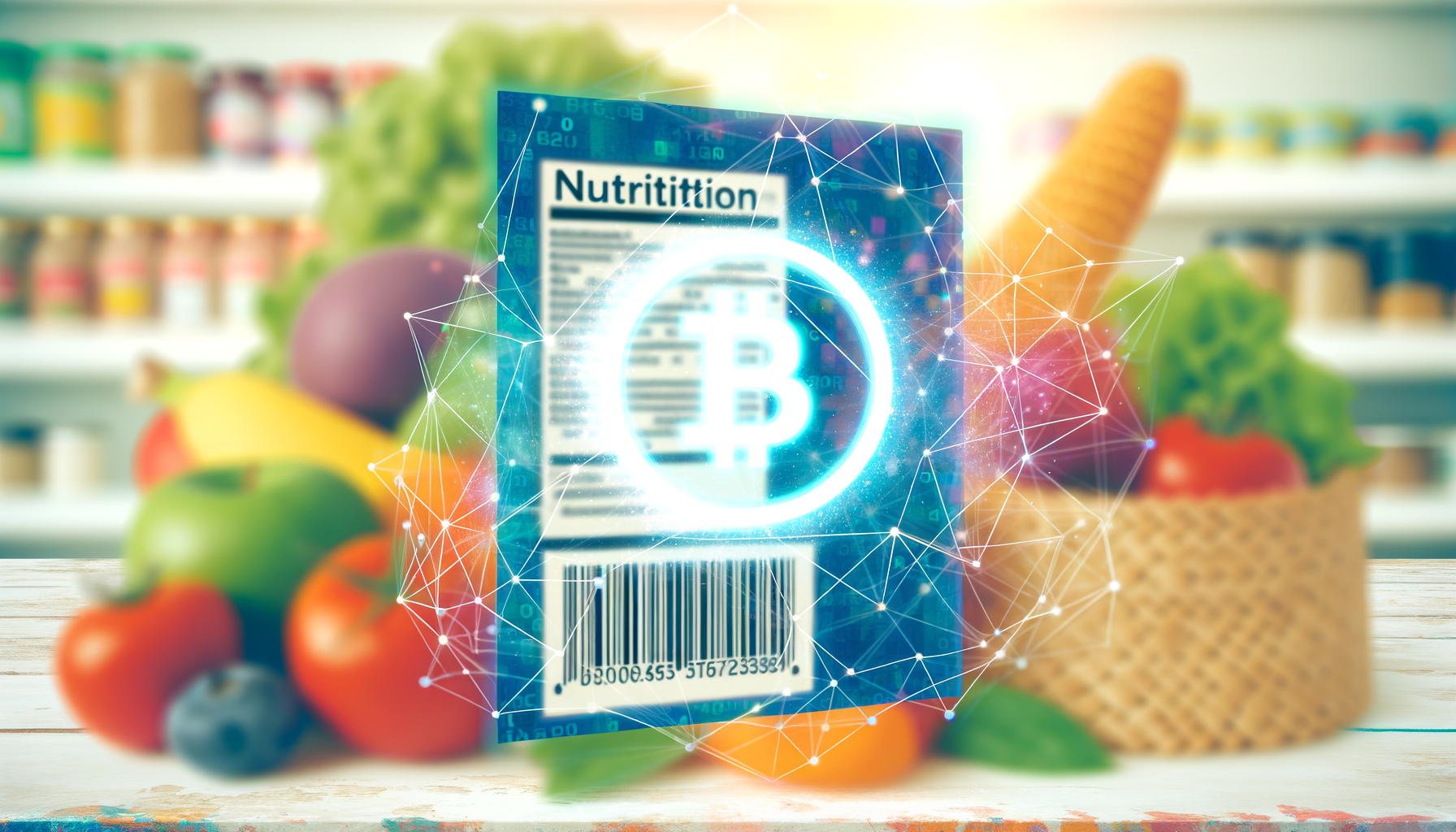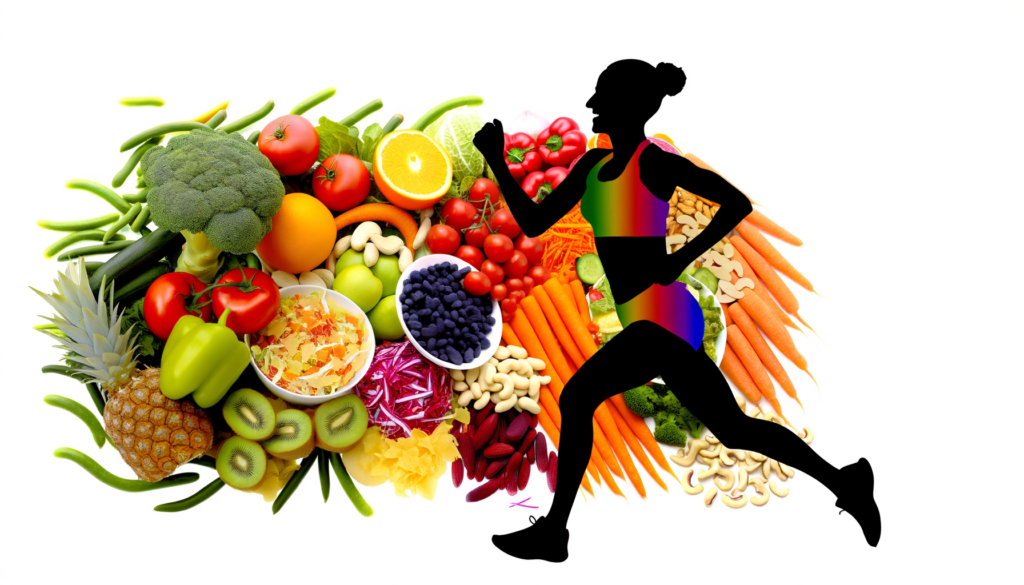Revolutionizing Food Transparency with Blockchain Technology
In the modern era, consumers are increasingly demanding transparency and accountability in the food industry. The integration of blockchain technology is transforming the way we track and verify the origin, quality, and safety of food products. Here’s a detailed look at how blockchain is revolutionizing nutrition and ingredient tracking.
The Power of Blockchain in Food Traceability
Blockchain technology offers a robust solution for enhancing food traceability due to its transparent, immutable, and verifiable nature. When a food product moves through the supply chain, its data is documented and updated on blockchain ledgers, allowing users to view every step of the product’s journey. This capability is particularly crucial in identifying and addressing issues such as contamination or missing shipments quickly and efficiently.
For instance, Walmart, in collaboration with IBM, has implemented the Hyperledger Fabric blockchain platform as part of its Food Traceability Initiative. This system has significantly reduced the time required to trace the origin of products, such as mangoes, from 7 days to just 2.2 seconds. This rapid tracing capability is a game-changer in ensuring food safety and reducing waste.
Enhancing Supply Chain Management
Blockchain technology is not only about traceability but also about streamlining and automating supply chain processes. Smart contracts, a key feature of blockchain, can automate transactions and shipments once contract agreements are met. This automation saves time and resources by eliminating the need for manual checks and documentation.
Companies like IBM and FoodLogiQ are leveraging blockchain to manage food supply chain tasks more efficiently. IBM’s Food Trust, for example, monitors product shelf life, oversees food waste, and ensures regulatory compliance all on one database. Tyson Foods has used FoodLogiQ’s Connect blockchain platform to centralize supplier documentation, facilitate product evaluations, and automate food recall actions, resulting in significant efficiencies and a return on investment.
Combating Food Fraud and Ensuring Compliance
One of the significant benefits of blockchain in the food industry is its ability to combat food fraud and ensure compliance with regulatory standards. By creating an immutable record of a food product’s journey, blockchain technology prevents tampering with data and ensures that all participants in the supply chain are held accountable.
Nestlé, for example, uses the IBM Food Trust blockchain ledger to track the origin of its products, including cocoa beans used in its Zoégas coffee brand. This transparency not only ensures compliance with sustainability standards but also builds trust with consumers by providing verifiable information about the product’s origin and production process.
Real-World Examples and Case Studies
Several companies are at the forefront of using blockchain to enhance food transparency and safety. Here are a few notable examples:
- Transparent Path: This company uses a combination of sensor technology, AI, and blockchain to provide real-time traceability for perishable products. Their platform helps restaurants and brands manage food safety, cold chain compliance, and shipment losses.
- Wholechain: Based on blockchain, Wholechain’s platform helps producers and suppliers digitize product information, track food quality data, and coordinate between parties during the delivery process. Their technology meets GS1 and GDST standards and offers permission customization and open-source options.
- Ripe.io: This platform creates a digital record of each food product, allowing consumers to trace the origin of their food and access information about its environmental impact and nutritional value. Ripe.io’s mobile app facilitates information sharing between producers, suppliers, and regulators, ensuring safety regulations and building trust between consumers and producers.
Consumer Confidence and Sustainability
Blockchain technology not only benefits the supply chain but also enhances consumer confidence in the quality and authenticity of food products. By providing detailed information about the origin, environmental impact, and nutritional value of food, blockchain ensures that consumers can make informed choices.
For instance, Cargill’s “Birth To Burger” beef transparency initiative uses blockchain to provide consumers with detailed information about the farm, production process, and other relevant details. This level of transparency is crucial in meeting the increasing demand for sustainable and ethically sourced food products.
Future of Food Transparency
The integration of blockchain technology in the food industry is a step towards a more transparent, sustainable, and safe food system. As consumer demand for transparency continues to grow, companies that adopt blockchain solutions will be better positioned to meet these demands.
In conclusion, blockchain technology is revolutionizing the way we track and verify food products, ensuring greater transparency, traceability, and safety. Whether it is through rapid tracing of contaminated products, automation of supply chain processes, or combating food fraud, blockchain is set to play a significant role in shaping the future of the food industry.
If you are interested in how technology can enhance your health and fitness journey, consider using tools like the Calorie Calculator Cloud to track your nutrition and make informed dietary choices. For businesses looking to integrate blockchain into their operations, exploring Calorie Calculator Plans or similar solutions can provide valuable insights and support.
By embracing blockchain and other advanced technologies, we can create a more transparent, sustainable, and healthy food ecosystem for everyone.








